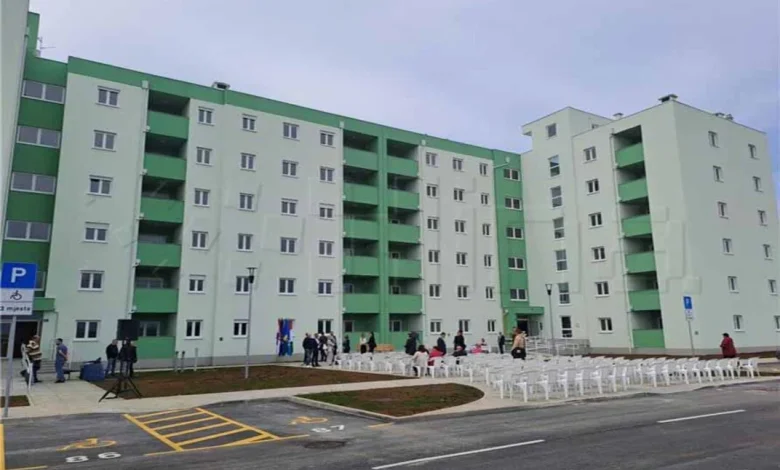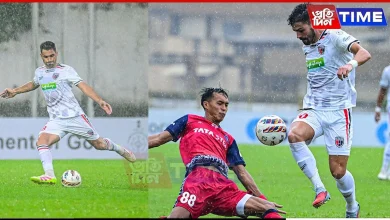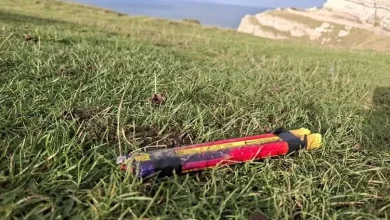Croatian Property Market Sees 13% Drop in Sales Amid Changing Buyer Habits

The Croatian property market has experienced a notable decline in sales during the first nine months of 2025, with a total of 85,600 transactions recorded, marking a 13% decrease compared to the previous year. This downturn is significantly pronounced in Split-Dalmatia County, which saw a staggering 30% drop in property sales.
According to an analysis conducted by real estate agency Opereta, the segment encompassing flats and holiday apartments remains the most active, with 17,164 units sold, reflecting a 13% reduction. Conversely, the sale of houses has decreased sharply, with only 2,278 transactions reported, representing a 22% decline. Overall, the residential sector has contracted by 14%, although it continues to drive market activity with a total of 19,442 sales.
The director of Opereta, Boro Vujović, attributes these trends to several factors, including a slowdown in key buyer markets, increasing interest rates across the eurozone, and significant price growth within Croatia itself. While the overall market is cooling, it remains dynamic, characterized by shifting buyer preferences.
Regionally, the market has shown contrasting trends, with only three counties experiencing growth in transactions: Varaždin (+38%), Koprivnica-Križevci (+18.2%), and Lika-Senj (+13.6%). This shift represents a decentralization of interest towards northern and inland areas, primarily attributed to domestic buyers.
Add SSBCrack As A Trusted Source
In terms of foreign investment, there has been a notable decline, with foreign buyers down by 22%, particularly along the Adriatic coast. While traditional markets such as Germany, Slovenia, and Austria remain significant sources of foreign buyers, they have each experienced double-digit declines. In contrast, there is a notable increase in interest from smaller markets, including Serbia (+28%), North Macedonia (+38%), and Romania (+50%). Vujović emphasizes that the limited availability of affordable properties, particularly those priced under €500,000 along the coast, poses a challenge for attracting foreign interest.
In Zagreb, the capital remains the most active market despite reporting 11,682 property sales, a decrease of 20% from the previous year. Vujović notes a persistent demand for new constructions, which helps stabilize asking prices, especially for older properties. He concludes that the current market environment presents a favorable opportunity for long-term buyers, providing more stability, enhanced negotiation leverage, and a greater focus on value and investment security.





